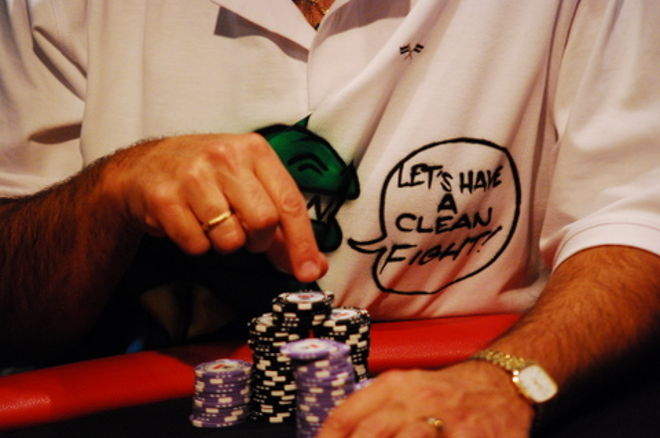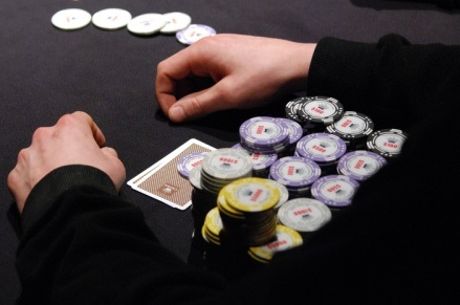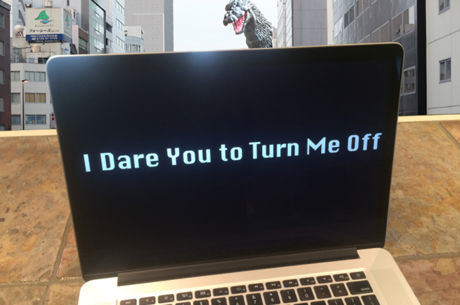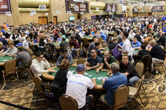Three Ways Anger Costs You Money, and Three Ways to Profit from Others’ Anger

“The people are as madder than hell, and they finally realized they have the power not to take it anymore. We’re seeing it on the far right with Donald Trump and the far left with Sanders, and I believe all across the spectrum.”
That was political columnist Ron Fournier, interviewed on National Public Radio a few days ago. I think he’s correct to say that this year’s bizarre U.S. presidential election is being driven, in large part, by anger at “politics as usual,” and by a desire to burn the whole thing down and start over.
I’m sure there are legitimate reasons to support or oppose any of the candidates; I’m not using this space to either attack or defend any of them. But I do want to ask a question that occurred to me after hearing the interview:
Do your best decisions come from anger?
As you look back at past events in your life, do you tend to cherish or regret the things you did while angry? When you act under the influence of your rage, are you more likely to be proud or ashamed of your choices later?
The same problem manifests itself at the poker table. We get angry at all sorts of things — bad beats, dealers’ mistakes, slow or otherwise annoying players, a seemingly unfair floor decision, perceived disrespect from opponents, and more. How does the resulting state of mind serve as an incubator for calm, rational poker decisions?
Not very well, I’d venture.
Three Ways Anger Costs You Money
I can think of three ways that playing while angry hurts your poker profits.
First, anger is fundamentally incompatible with patience — they cannot exist peaceably together in the same host. Anger makes you want to do something... anything... right now. You will play hands that you should fold. You will make bad calls. You will bluff too much. This all comes from a generalized urge to act, to take control, when good poker requires waiting for opportunities to arise.
Second, if the cause of your anger was another player, you will tend to seek revenge. Did somebody bluff you out of a big pot? Call the clock on you unreasonably fast? Make disparaging remarks about your clothes, your religion, or your mother? You’re not allowed to punch him in the face, so you seek revenge with the only tool at your immediate disposal — the poker game.
Targeting another player for any reason other than actual weakness in his game is a serious mistake. Targeting somebody in an attempt to take that particular stack of chips, rather than whichever stack is most vulnerable, means (1) you’re probably passing up better opportunities for profit, and (2) you have to go after that player when he chooses to play, with whatever you’ve been dealt. That is, you’re taking him on under his terms and conditions. This is not winning poker.
Third, your anger poisons the atmosphere of the game. It’s contagious, and tends to sour the mood of everybody around you. The game stops being fun, and the people who are just there to have fun, who are often the most profitable opponents against whom to play, will change tables or leave altogether.
So today’s easy message — don’t play angry. Walk away for a while. Play with your stress ball. Count to 10. Focus on your breathing. Put soothing music on your headphones. Whatever it takes.
Three Ways to Profit from Others’ Anger
But wait — there’s more! If playing angry puts you at a disadvantage, it follows that you can play with an advantage against an angry opponent. Let’s reconsider the above three problems from the point of view of you, the calm one, sitting at the table and observing an angry opponent.
First, he’s going to be playing way too many hands, calling when he should fold, bluffing too much. This makes him a prime candidate to play against — and this is targeting for legitimate strategic reasons, not petty emotional ones. Don’t bother trying to bluff. Instead, value bet the stuffing out of him, and expect to get paid off.
Second, if the anger is directed at you specifically, great! This situation has high profit potential.
I remember the most obvious time that I became an opponent’s target. I had a straight flush draw, and hit one of my many outs after all the money was in, beating his top pair. Thereafter, he entered every hand I played — literally every one — usually with a raise, and he would call whatever I would bet. This made it trivially easy to beat him. If I missed the flop, I’d fold, conceding a lot of tiny pots. But when I had a strong hand, he’d call me down, giving me the big pots.
This went on for a couple of hours. It was hugely self-destructive on his part, and hugely profitable for me.
Third, if there’s an obviously angry player at the table, be his polar opposite. Be the one cracking jokes, keeping the atmosphere light and fun. Make yourself the player with whom the others most enjoy playing a hand. It hurts less to lose money to the life of the party than to a surly misanthrope.
Anger at the poker table can be profitable — as long as you’re not the angry one.
Robert Woolley lives in Asheville, NC. He spent several years in Las Vegas and chronicled his life in poker on the “Poker Grump” blog.
Want to stay atop all the latest in the poker world? If so, make sure to get PokerNews updates on your social media outlets. Follow us on Twitter and find us on both Facebook and Google+!









